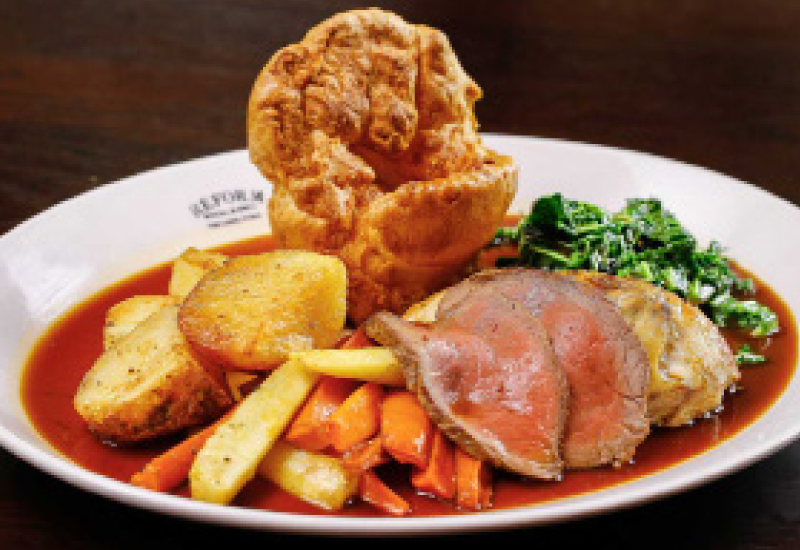Are there any challenges for chefs with British cuisine?
Velvick: If anything, the cost of importing British products. Even in the supermarket you pay more than double the price you would in the UK. The issue is — and sometimes I do this as well — comparing prices with back home using a currency converter. That’s when you hear 'How Much?’ To keep costs down, I buy as much local organic produce as possible; supporting local farmers is good value and the product is getting better year-on-year.
Farmer: My main challenge is trying to get the local UK products into our kitchen. Some are available and some are not. That is when we have to be ready to improvise and adapt, which we have always done with success — and it’s fun at the same time.
Waddell: Sourcing the correct products can be difficult, especially as British chefs prefer to use British ingredients. At Reform we are lucky to receive great Scottish seafood, but there is still a limitation to beef and lamb products, as what is on the market is very expensive. There are a lot of specialist items that we can’t get, like white sprouting broccoli or red kale.
Mobsby: Trying to make something in the same way as a guest may have had the dish in the past; I like to think of British cuisine as nostalgic and I like to help guests re-live memories.
Reilly: The Menus of most British restaurants in Dubai look pretty much the same. The challenge is creating dishes that are unique and yet nostalgic to your customer base while also appealing to a variety of cultures and really showing off the lesser-known British classics.
Palancares: Lots of people wrongly associate British food with not having a diverse and quality cuisine. There is a great tradition, products and diversity in the UK. For example, cheddar is associated with the cheap imitation sitting on fast food burgers and few people know Britain has some of the best farmed cheeses in the world — more than 700 kinds, which is 100 more than France.
How’s the supply stream?
Waddell: All our dishes can be produced with items that are readily available, therefore we just have to adapt. Australian beef is favoured by most chefs who can’t afford to pay UK prices for beef. We also build our menus by taking the supply chain into account and avoiding items we know will be an issue with quality, due to the transportation when importing.
Reilly: It’s tough to come from the UK, where you have so much quality produce on your doorstep for a good price, to create dishes with produce that is a few days old due to importing and more expensive. We are lucky that we have great suppliers who understand the need for quality British produce so it takes away the sting a little.
Palancares: Compared to a few years ago, it’s very easy nowadays to get any product you desire in Dubai. We have amazing suppliers that provide us with the best Britain has to offer. When I arrived in Dubai it was impossible to get real Maris Pipers or King Edward potatoes — now the most qualitative of their kind are the base for our smooth mashed potato or our amazing triple cooked chips.

| Advertisement |









 Search our database of more than 2,700 industry companies
Search our database of more than 2,700 industry companies









